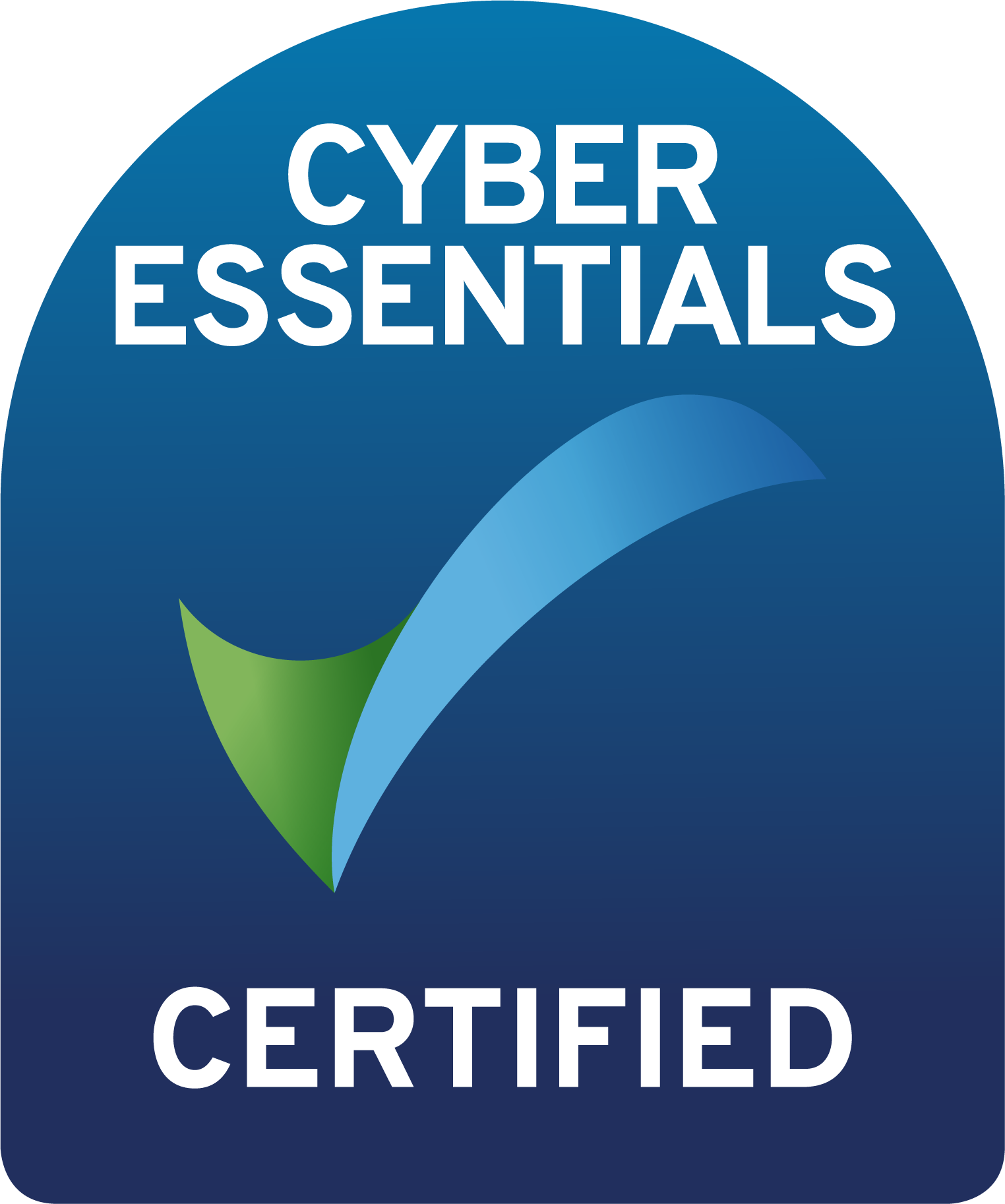
The importance of having a qualified legal cashier
Compliance, Law - 03/11/2022
When you’re running a law firm, reputation is everything. Clients need to know they can trust you. That’s why you need to ensure your compliance with regulations around financials is watertight.
In the early days, some law firm owners will try to look after the books themselves. It’s easy to think that it’s a corner that can be cut. But it’s more than making sure the numbers on the spreadsheet add up. There are regulations and best practices you should follow from day one.
Let’s look at why working with a qualified legal cashier is essential for your law firm.
You’ll save time and money
It’s simple. Your time is better spent working with and attracting clients to your firm. Having access to a legal cashier means they’ll take care of the processing of payments to and from your firm.
This takes the task off your to-do list and frees up your time to focus on growing your firm. But more importantly, it’s important to have someone who knows what they’re doing handling this for you. Mistakes can be costly.
You’ll have a clear picture of your financial situation
When you’re working with a qualified legal cashier, you’ll get financial reports on a regular basis.
This can give you better insights into the financial status of your law firm. With detailed financial reports at hand, you can make better decisions and work more efficiently to grow your business.
Not everyone can do it
We’ve said this before and we’re going to say it again. It’s really important to remember that not everyone can handle your legal cashiering. You need someone who knows what they’re doing.
Even if you have a background in accounting or bookkeeping, to be a legal cashier you need to have a full understanding of the rules and regulations surrounding finance at law firms.
The risks are too high to do it any other way. When legal cashiering is done incorrectly you can quickly find your firm on the wrong side of Solicitors Regulations Authority (SRA), the Council for Licensed Conveyancers (CLC) and HMRC.
Stay up to date with the latest regulations
There are a number of issues that can arise if you try to take care of legal cashiering yourself or use someone who is underqualified. A qualified legal cashier will help you prevent fraud and/or theft by having solid processes in place.
If your legal cashier is fully experienced and qualified, they’ll know the importance of adhering to rules and deadlines. They’ll also understand how important it is to monitor industry news to be ahead of the game when it comes to regulatory compliance.
The worst case scenario
Using a qualified legal cashier can help you avoid the harshest of realities of not keeping in line with regulations. Although an intervention and a forced closure is the worst possible outcome, it does happen.
The last thing you want is to put your own and your employees’ livelihoods at risk because of oversights. Putting measures in place, like working with a fully qualified legal cashier can safeguard your firm, its employees and your clients.
Is it time to outsource?
We’ve talked before about why you should outsource your legal cashiering. From saving money to ensuring compliance with the rules, it’s a no-brainer.
By working with Numero for your legal cashiering, you’re working with experts you can trust. Our unrivalled knowledge and expertise helps protect your firm’s reputation. Talk to us about how we can help you.
More from the Knowledge Hub
From information and help around all things accounts, to our thoughts and commentary on what’s happening in the world of law and finance – you’ll find it all here.
Understanding the AAT Code of Ethics
At Numero, we’re not just experts at managing accounts; we’re also committed to managing them […]
Introducing Darren Whelan, our new Head of Compliance!
Darren is a legal finance and compliance specialist with an impressive career that spans four […]
Top 8 bookkeeping mistakes made by new businesses
Let’s face it… starting a business comes with its fair share of challenges. From securing […]
Accounting ethics – Dos and don’ts and why it matters
Accounting ethics refer to the principles, values, and standards that guide the behaviour and decision-making […]
